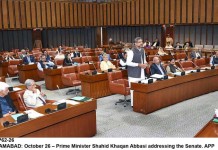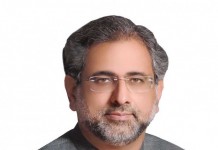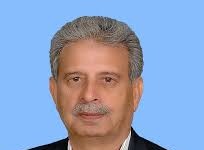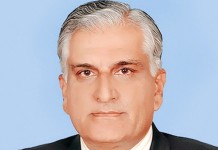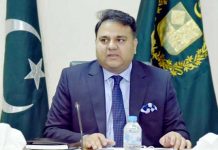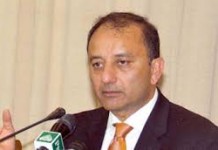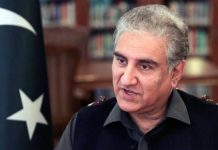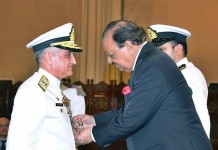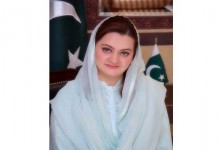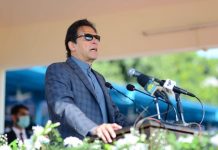
Addressing a consultative conference on terrorism organized by the Pakistan Institute of Peace Studies (PIPS) in Islamabad, Chaudhry said the students of “ordinary schools and colleges” had been involved in notable incidents of extremism in Pakistan and not of madaris, reports the media.
“You closed the minds of school and college students. If you cultivate a society where an opposing view is immediately declared kufr (heresy) … how can you present an opposing view?”
“And if no opposing views are tolerated, how will you bring a soft change [in society]?” he asked rhetorically.
In this regard, Chaudhry gave the example of late Jamiat Ulema-i-Islam-Fazl leader and religious scholar Maulana Hassan Jan, who he said was murdered for giving a fatwa that declared suicide attacks forbidden in Islam. Similarly, he added, for such reasons many other scholars were unable to come to Pakistan.
“Likewise, when a matter is taken up by the Council of Islamic Ideology and I ask that the other side’s perspective also be presented, they ask back, ‘do you want us killed?'” the minister said. He claimed that scholars in Pakistan were afraid of speaking up, adding that the society itself had to rectify the narrative of extremism.
The minister recalled that at the time of creation of Pakistan, “it was the land of Sufis [and] home to [their] tombs.” He continued that around 300 years ago, there was no religious extremism in today’s Khyber Pakhtunkhwa, Punjab and other areas in the country. “Religious extremism was seen more in regions that are in India now. Areas over here (Pakistan) never had religious extremism to the extent [seen today],” he said, regretting that “Pakistan faces a grave danger today.”


